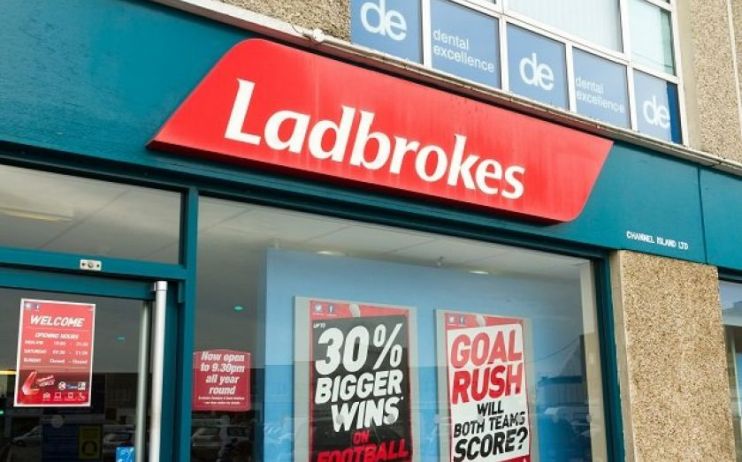Ladbrokes owner GVC’s veteran CEO to retire

Ladbrokes and Coral owner GVC’s chief executive announced his retirement today as the firm revealed coronavirus lockdowns have knocked first-half revenue by 11 per cent.
Kenneth Alexander will leave the board and company tomorrow, when chief operating officer Shay Segev will replace him.
The long-time CEO spent 13 years at the helm of GVC, during which time he turned it into one of the world’s largest gambling companies.
Alexander led major acquisitions to bolster GVC and most recently managed the firm through the coronavirus lockdown that has seen betting shops close for three months.
The outgoing CEO said it felt like “the right moment” to retire.
““I have given 13 years to GVC and I now want to give some time to my family,” he added.
“Whilst it is never easy to hand the baton on, it has been very clear for a number of years now that Shay is the right person to succeed me. He is an outstanding leader with a clear strategic vision and unrivalled technological expertise. As a shareholder, I know that our company will be in good hands.”
GVC today predicted first half earnings before interest, taxation, depreciation and amortisation (Ebitda) to land between £340m and £350m.
The betting giant posted a massive 86 per cent plunge in net gaming revenues for the UK in the second quarter, during which lockdown closed its shops.
Online sports betting revenue dipped six per cent due to widespread cancellations of sporting events. But gaming revenue jumped 45 per cent year on year as customers chose to take a punt on videogame competitions instead.
Over the first half gaming revenues rose 19 per cent, partly offsetting a 50 per cent plunge in UK betting to see overall revenue drop 11 per cent.
“Given the extraordinary circumstances in which the group is currently operating, delivering double-digit online net gaming revenue growth in all of our major territories is a very strong performance,” Alexander said.
“We have worked hard to achieve our target of operating at cash neutral throughout the lockdown period, which has enabled the group to retain the necessary financial strength to be able to take advantage of growth opportunities as and when they are presented to it.”